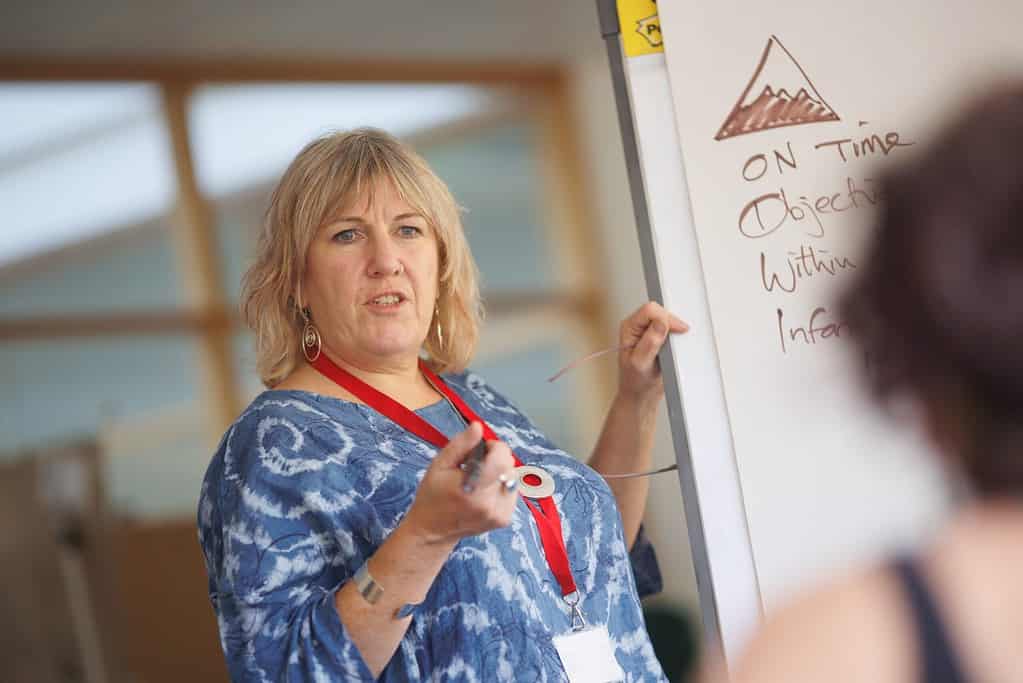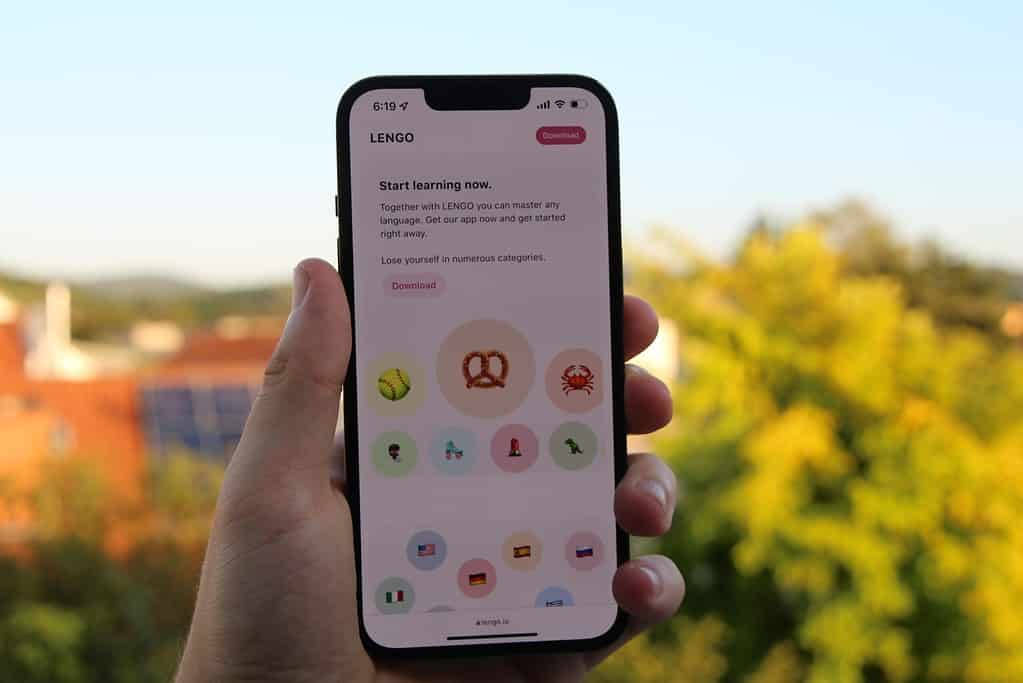Understanding the Importance of Conversation Exchange
Language learning is a multifaceted journey that extends beyond textbooks and classroom instruction. One of the most effective ways to enhance language skills is through conversation exchange. This method allows learners to engage in real-life dialogue with native speakers, offering a practical approach to mastering a language like French.

Conversation exchange not only improves speaking and listening skills but also helps learners gain confidence in their abilities. The interactive nature of this practice fosters a deeper understanding of cultural nuances, idiomatic expressions, and everyday vocabulary that might not be covered in formal education.
The Benefits of Engaging with Native Speakers
Engaging with native speakers provides learners with an authentic experience that simply cannot be replicated through traditional learning methods. Native speakers offer insights into the rhythm and flow of the language, helping learners to pick up on subtleties that are often overlooked in written forms. This exposure is invaluable for developing a natural accent and improving pronunciation.
Moreover, conversing with native speakers allows learners to ask questions in real-time, clarifying doubts and expanding their understanding of the language. This immediate feedback loop is crucial for effective learning, as it enables students to correct mistakes and refine their skills on the spot.
Additionally, the informal setting of conversation exchange encourages a relaxed atmosphere where learners feel more comfortable making mistakes. This is essential, as the fear of making errors can often inhibit progress. By engaging in casual conversations, learners can experiment with language in a low-stakes environment, which ultimately leads to greater fluency and spontaneity in their speech.
Building Cultural Awareness
Language is deeply intertwined with culture, and conversation exchange serves as a gateway to understanding the cultural context behind the words. By interacting with native speakers, learners can explore the traditions, values, and social norms that shape the language. This cultural immersion enriches the learning experience and fosters a more profound appreciation for the language itself.
For instance, discussing current events or popular culture with a native speaker can provide insights into contemporary issues and trends in French society. Such discussions not only enhance language proficiency but also cultivate a broader worldview, making learners more adept at navigating diverse social situations.
Furthermore, through conversation exchange, learners can discover regional dialects and variations that exist within the language. France, for example, boasts a rich tapestry of accents and local expressions that differ significantly from one region to another. Engaging with speakers from various parts of the country allows learners to appreciate these differences, thereby deepening their connection to the language and its speakers. This exposure can also spark interest in travel and exploration, encouraging learners to visit French-speaking regions and experience the culture firsthand.
How to Find a Conversation Partner
Finding a suitable conversation partner is crucial for maximising the benefits of a conversation exchange. Fortunately, there are numerous platforms and methods available that cater to language learners seeking to connect with native speakers.
Online Language Exchange Platforms
In the digital age, online language exchange platforms have become increasingly popular. Websites and apps like Tandem, HelloTalk, and ConversationExchange offer users the opportunity to connect with language learners from around the globe. These platforms typically allow users to specify their language preferences, making it easier to find a partner who speaks French and is interested in learning English or another language.
Many of these platforms also provide features such as text, voice, and video chat options, allowing learners to choose their preferred method of communication. This flexibility makes it convenient for users to engage in conversations at their own pace and comfort level. Additionally, some platforms incorporate gamified elements, such as points or badges for completing language tasks, which can further motivate users to stay engaged and committed to their language learning journey.
Local Language Exchange Meetups
For those who prefer face-to-face interactions, local language exchange meetups can be an excellent option. Many cities host language exchange events where learners can gather in a relaxed environment to practice speaking. These meetups often involve structured activities or informal conversations, providing a supportive atmosphere for language learners of all levels.
Participating in local meetups not only enhances language skills but also fosters a sense of community. Meeting fellow language enthusiasts can lead to lasting friendships and additional opportunities for practice outside of the organised events. Moreover, many meetups are held in cafés or community centres, creating a welcoming atmosphere that encourages participants to feel at ease while conversing in a foreign language. This social aspect can significantly boost confidence, as learners often find that sharing experiences and challenges with others can make the process of language acquisition more enjoyable and less daunting.
Effective Strategies for Conversation Exchange
Once a conversation partner has been found, it is essential to approach the exchange with a clear strategy to ensure productive and enjoyable sessions. Here are some effective strategies to consider.
Setting Clear Goals
Before diving into conversations, it is beneficial for learners to establish clear goals for their language exchange. These goals could range from improving specific vocabulary to mastering particular grammatical structures. By setting objectives, learners can focus their conversations on areas that require improvement, making each session more purposeful.
Additionally, discussing these goals with the conversation partner can lead to a more tailored experience, as both parties can work together to achieve their language-learning aspirations.
Balancing the Conversation
In a conversation exchange, it is crucial to maintain a balance between both languages. While it may be tempting to dominate the conversation in one language, ensuring that both partners have equal opportunities to speak is vital for mutual benefit. This balance allows learners to practice their target language while also helping their partner with their language goals.
One effective method is to allocate specific time slots for each language during the conversation. For instance, dedicating the first half of the session to speaking in French and the second half to English can create an equitable exchange that benefits both parties.
Utilising Resources During Conversations
While engaging in conversation, it is perfectly acceptable to utilise resources such as dictionaries or language apps. If a learner encounters a word or phrase they do not understand, looking it up in real-time can enhance the learning experience. This practice not only aids comprehension but also encourages curiosity and a desire to learn more.
Moreover, taking notes during conversations can be beneficial for later review. Jotting down new vocabulary or interesting phrases can help reinforce learning and provide material for future discussions.
Overcoming Common Challenges
Despite the numerous benefits of conversation exchange, learners may encounter challenges along the way. Recognising these obstacles and developing strategies to overcome them is essential for a successful language-learning journey.

Dealing with Anxiety
Many learners experience anxiety when speaking a foreign language, particularly in front of native speakers. This anxiety can stem from a fear of making mistakes or not being understood. To combat this, it is important to remember that making mistakes is a natural part of the learning process.
Practising relaxation techniques, such as deep breathing or positive self-talk, can help reduce anxiety before and during conversations. Additionally, choosing a supportive conversation partner who understands the challenges of language learning can create a more comfortable environment for practice.
Managing Different Proficiency Levels
In a conversation exchange, it is common for partners to have varying levels of proficiency in their respective languages. This disparity can sometimes lead to frustration if one partner struggles to keep up with the conversation. To address this, both partners should be patient and willing to adjust their speaking pace and complexity based on the other’s abilities.
Utilising simpler vocabulary or speaking more slowly can help bridge the gap between different proficiency levels. Furthermore, encouraging each other to ask questions and seek clarification can foster a more inclusive and supportive exchange.
Maximising Your Learning Experience
To truly benefit from a conversation exchange, learners should adopt a proactive approach to their language learning. Here are some tips to maximise the experience.

Regular Practice
Consistency is key when it comes to language learning. Regular practice through conversation exchange can significantly enhance language skills over time. Setting a schedule for weekly or bi-weekly sessions can help establish a routine that encourages continuous improvement.
Moreover, varying the topics of conversation can keep sessions fresh and engaging. Exploring different themes, such as travel, food, or current events, can introduce new vocabulary and stimulate interesting discussions.
Reflecting on Progress
After each conversation exchange, taking a moment to reflect on the session can provide valuable insights into areas of strength and those that require further attention. Consider what went well, what vocabulary was learned, and any challenges faced during the conversation.
Maintaining a language journal can be an effective way to track progress over time. Documenting experiences, new phrases, and personal reflections can serve as a motivational tool and a reference for future conversations.
Conclusion: Embrace the Journey
French conversation exchange is an enriching and rewarding method for enhancing language skills. By engaging with native speakers, learners can develop their speaking and listening abilities while gaining cultural insights that deepen their understanding of the language.
Whether through online platforms or local meetups, finding a conversation partner opens the door to a world of opportunities for language practice. By setting clear goals, balancing conversations, and overcoming challenges, learners can maximise their experience and make significant strides in their language journey.
Ultimately, embracing the journey of language learning with an open mind and a willingness to engage with others will lead to greater proficiency and confidence in speaking French. So, take the plunge, find a conversation partner, and start boosting your language skills today!
Join Swaplang and Elevate Your French
Ready to take your French to the next level? Sign up at Swaplang and schedule your live language exchange today. Connect with native speakers, practice your conversational skills, and build confidence in your language abilities. With Swaplang’s easy-to-use platform, you can start your one-on-one sessions instantly, whether you’re on a browser or mobile. Don’t miss this chance to enhance your French through real, engaging dialogue. Join our community now and start speaking with fluency!

















